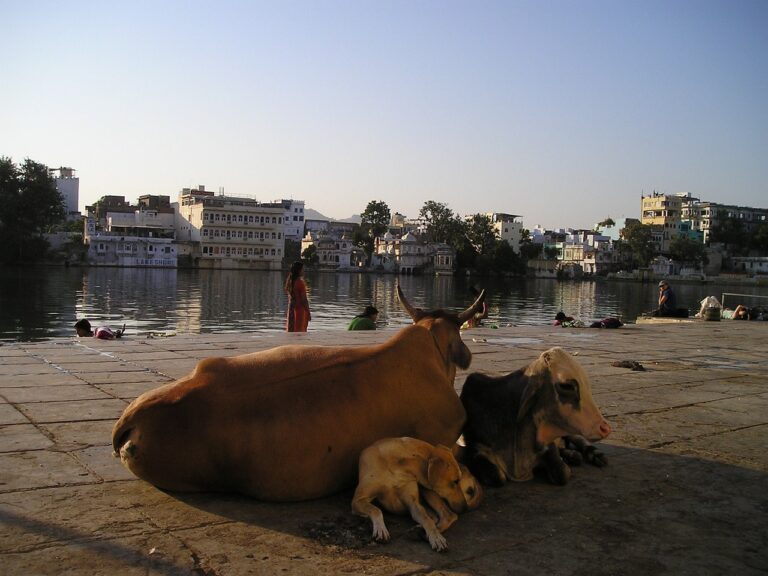Exploring the Role of Political Action Committees in Campaign Finance
Political Action Committees (PACs) play a significant role in shaping campaign finance in the United States. By pooling contributions from individuals, PACs are able to financially support candidates and influence elections. This financial backing grants PACs the power to advocate for policies and interests aligned with their donors’ agendas, thereby impacting the outcomes of political campaigns.
Furthermore, PACs often engage in independent expenditures which enable them to fund advertisements and other campaigning activities on behalf of candidates. This ability to spend significant sums of money independently can sway public opinion and greatly influence the electoral process. As a result, PACs have become key players in American politics, wielding substantial financial influence and shaping the political landscape in significant ways.
The History of PACs in American Politics
Political Action Committees (PACs) have been a key player in American politics since the early 1940s. Initially established as a means for labor unions to pool their resources and support candidates sympathetic to their causes, PACs have since evolved to represent a wide range of interests, including corporate entities, trade associations, and ideological groups.
The watershed moment for PACs came in 1971 when the Federal Election Campaign Act (FECA) was passed, providing a legal framework for their existence and regulation. This legislation aimed to bring transparency to campaign finance and prevent the influence of large, untraceable donations on the electoral process. Despite subsequent amendments and legal challenges, PACs have remained a prominent feature of American political landscape, shaping the way candidates raise funds and connect with their supporters.
The Types of PACs and Their Functions
Political Action Committees (PACs) fall into various categories, including connected committees, non-connected committees, leadership PACs, and super PACs. Connected committees are directly affiliated with corporations, labor unions, or trade associations and focus on promoting their interests through political donations. Non-connected committees, on the other hand, are not affiliated with any specific entity and raise funds independently to support political candidates and issues that align with their goals.
Leadership PACs are established by individual politicians in office or those seeking office to contribute to the campaigns of other candidates. These PACs allow politicians to increase their influence within their party and support like-minded candidates. Super PACs, also known as independent expenditure-only committees, can raise unlimited funds from corporations, unions, and individuals to advocate for or against specific political candidates. They cannot directly donate to or coordinate with a candidate’s campaign, but they can engage in extensive advertising and promotional activities to shape opinions and influence election outcomes.
What is a PAC?
A PAC, or political action committee, is an organization that raises money to support or oppose political candidates, parties, or legislation.
How do PACs influence campaign finance?
PACs can contribute funds to candidates’ campaigns, which can greatly impact the outcome of an election. They can also engage in independent spending to support or oppose candidates.
What is the history of PACs in American politics?
PACs were first introduced in the 1940s and have since played a significant role in campaign finance. They have been subject to regulations and reforms over the years to prevent corruption and undue influence.
What are the different types of PACs?
There are several types of PACs, including connected PACs, non-connected PACs, leadership PACs, and super PACs. Each has its own rules and regulations governing their activities.
What are the functions of PACs?
PACs raise money from donors to support political candidates and causes. They can make contributions to campaigns, engage in independent spending, and lobby on behalf of their interests.







